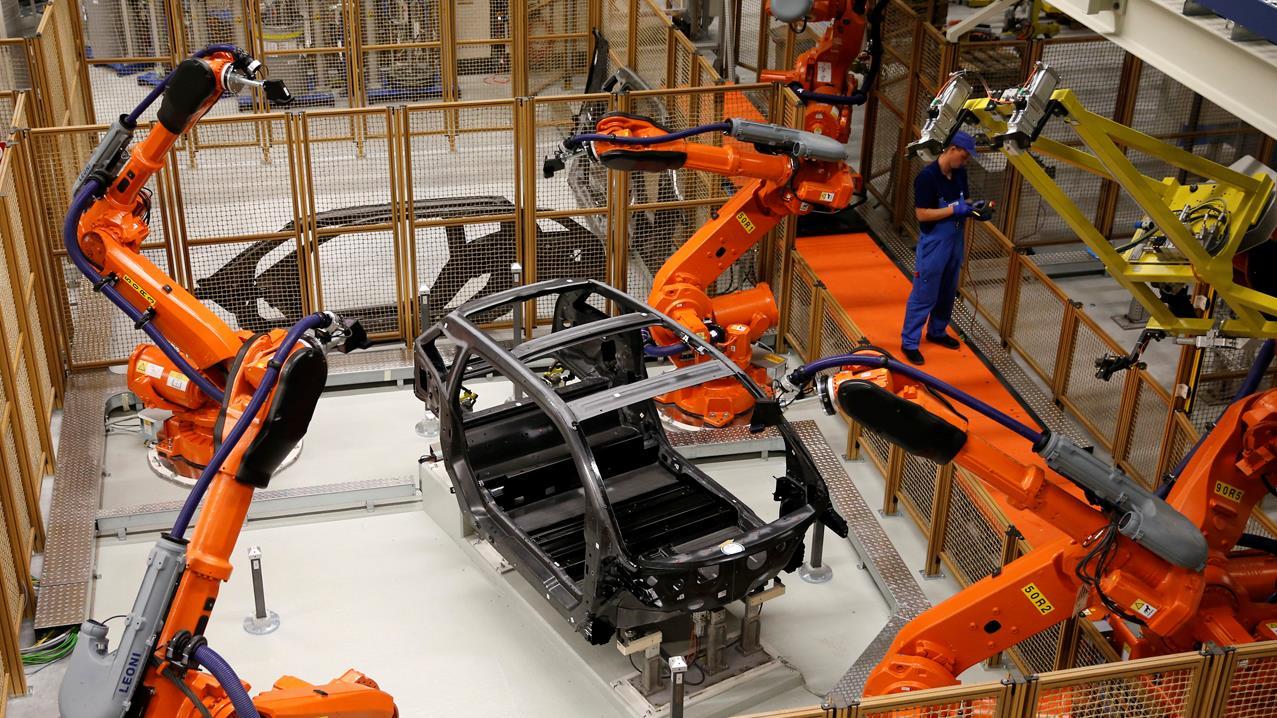These 5 skills will help employees land ‘jobs of tomorrow’
As automation eliminates some jobs and creates other opportunities in the labor market, employees may need to learn new skills in order to transition into the “workforce of tomorrow.”
Experts surveyed by the Machine Intelligence Research Institute anticipate a 50% probability that all jobs will be able to be completed by robots in slightly more than 120 years. In the near-term, PricewaterhouseCoopers (PwC) predicted that as many as 38% of U.S. jobs could be assumed by robots by 2030. PwC’s study suggested that it may not be a net negative for human laborers, however, as new forms of work would likely arise as a result.
To avoid falling in between the cracks, employees need to acquire the skills necessary to assume those future jobs. A new report by The Institute for the Future, called “Future Skills: Get Fit for What’s Next,” identified a list of “superskills” than can help American workers thrive in a transitioning labor market.
Build your own brand
Future jobs will require employees to concentrate on their own personal economies, which includes beefing up their individual brands. While that can include leveraging popular technology, like social media sites, your brand as an employee will focus less on educational attainment, and more on acquired skill sets, according to the study.
The Institute for the Future noted that emerging technologies like blockchain could eventually take the place of a traditional resume and help document “every aspect of an employee’s career.”
Digital fluency
As automation assumes a larger role in the workforce, the nature of jobs humans will need to fill will shift. But in order for humans to work alongside the new technologies, they have to understand how it works.
Whether it’s integrating robots into your workforce, working alongside artificial intelligence or simply programming your technology for higher outputs, The Institute for the Future says that understanding these new technologies will be essential to successfully working with them.
Connect the dots
Businesses and systems are becoming increasingly integrated, both as a result of technology and as a result of globalization. Being able to make connections that may not seem outwardly obvious, but can make business operations run more capably, will be critical. Thinking creatively and outside the box will help put your company at the forefront of innovation, the study says, which could mean something as simple as creating a new agency to oversee operational efficiencies.
Build diverse communities
As traditional employment structures, at both the locational and hierarchical levels, shift, employees will be required to rethink the way they work together. As businesses expand across the globe, or allow more employees to work from home, changes will be necessary to keep order, according to The Institute for the Future. Businesses are sometimes scared to make adjustments, which may cause them to fail as the environment around them shifts so rapidly.
It’s also important for employees to rethink how they network, as the labor market evolves.
Empathize
Whether it’s with your co-worker or those affected by an environmental catastrophe, future workers will be called upon to not only learn to understand others’ perspectives, but also to develop innovative solutions to existing problems.




















